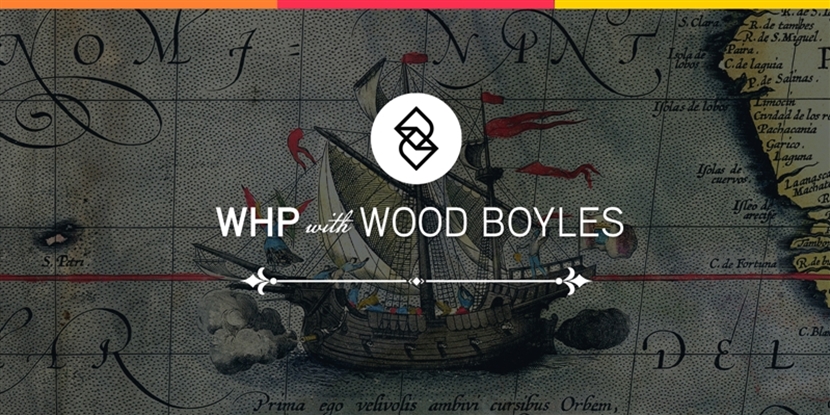The modern world is full of nation-states, also known as countries, but they are mostly less than three centuries old. Ancient societies often grew into states, once their ability to farm and store food made cities possible. They created rules to live by, authorities to follow or worship, and society began to stratify along class and economic lines. Today we focus on why these states developed.
Driving Question: Why did states develop?
- In this course, we use state as a term for a political unit, with institutions like government and the laws that go along with it. Remember, not everyone has always lived in states, and some people still do not. Villages, pastoral communities, and foragers didn’t really have the kinds of laws and structures that we recognize as “the state.” Most of the world now lives in what we refer to as nation-states.
- There are two theories about why states developed. The first is the volunteer theory, which is the idea that people decided that cooperating would help them with big projects like building roads and developing agriculture. The second, the coercive theory, says that some people wanted wealth and power, and so they found ways to organize to force people to work for them and obey them.
Word of the Day: Government
- Definition: the ruling body of a nation, city or community.
- States, by definition, have government—organizations and ways (e.g. laws) with authority. But governments can work in different ways. China, the US, Canada, and Cuba all have governments that are based on different principles and have different law-making processes.
Lesson
- Read “First States”
- As you read this article, think about the elements that define a state according to many scholars. Do you agree that these are the important elements of a state? Also, think about the two theories of how states come into existence. Which theory better explains how your state came into existence?
Historian’s Journal Prompt
- What should nation-states’ roles be in preventing pandemics like COVID-19?
- Think about groups like the World Health Organization and how they help governments make decisions across the world. Some state governments have made the decision to ask their citizens to comply with a “shelter in place” order, which means limiting certain freedoms, like going out for dinner or shopping, to slow the spread of the virus. As you craft your response, think about some of the positive and negative effects of your government’s actions in response to COVID-19.

